Embedded World Conference with CAN sessions
This year, Nuremberg’s doors open for the Embedded World (#ew24) from April 9th to April 11th. From EmSA, Peter, Chris and Olaf will be at the event all three days. If you want to talk to us about topics like CAN, CANopen, J1939 and CAN security, meet us at the booth of Peak-System, hall 1, booth 304.
As every year, the conference also features a CAN session. This year it is session “SESSION 2.2 CONNECTIVITY SOLUTIONS | CAN” (April 9th, starting at 1:45PM) with the following presentations:
Thilo Schuhmann: Standardized Cybersecurity in CAN-Based Systems
This paper concentrates on cybersecurity requirements specific to embedded systems employing Controller Area Network (CAN) communication, encompassing CAN, CAN FD, and the emerging CAN XL. Our primary focus lies on CAN XL, which incorporates CANsec, a data link layer add-on facilitating message authentication and encryption,in the data plane. In the control plane the specification of the CANsec Key Agreement protocol (CKA) is defining for key exchange and agreement mechanisms to allow broadcast communication for the authenticated and encrypted messages.
Reiner Zitzmann: Improved Network Start-up for Dynamically Changing Embedded CAN Systems
Controller Area Network (CAN) networks often serves as the conduit for data exchange; on the very deeply embedded level. Devices, connected to these embedded networks may be dynamically added or removed, by the end user. Thus these devices need to show a certain degree of plug and play behavior. Host controllers must have the ability to rapidly identify these devices. Unlike current implementations, the enhanced Layer Setting Services (LSS) enable CAN/CANopen devices to convey their identity to the host controller or LSS manager. This eliminates the need for laborious searches to determine the presence and type of newly added devices. The presentation shows the functioning of the improved Layer Setting Services, and practical use cases.
Olaf Pfeiffer: Collaborative Design of Security Measures for CAN and CANopen Systems
The rise of connected devices in the embedded world has intensified the need for strong security measures, especially in Controller Area Network (CAN) and CANopen systems. These technologies are crucial in a wide range of applications such as industrial automation, automotive systems, and medical equipment. Given the limited resources available in CAN protocols, security often becomes a challenging aspect to address effectively. This paper presents a joint project between Hochschule Offenburg and Embedded Systems Academy, focusing on overcoming these security challenges.
We argue that collaboration among multiple partners is essential for the design and implementation of effective, robust security measures. Our proposed security framework brings together expertise from various stakeholders to identify vulnerabilities, assess potential threats, and formulate countermeasures. A significant aspect of our project is the aim to standardize these security measures through the CAN in Automation (CiA) organization. This makes the security framework transparent and open for public review.
The framework is optimized for CANopen but can also be used by CAN, CAN FD, CANopen FD and other higher-layer protocols.
This paper will outline the architecture of our security framework, showing its applicability to a broader range of CAN or CANopen based applications.
You can’t make it to Nuremberg?
For the latest news and developments in CAN, CANopen and CAN Security, follow us here: https://www.linkedin.com/company/embedded-systems-academy/
For more info on these topics, also see our video collection at https://www.em-sa.com/video
 Deutsch
Deutsch English
English




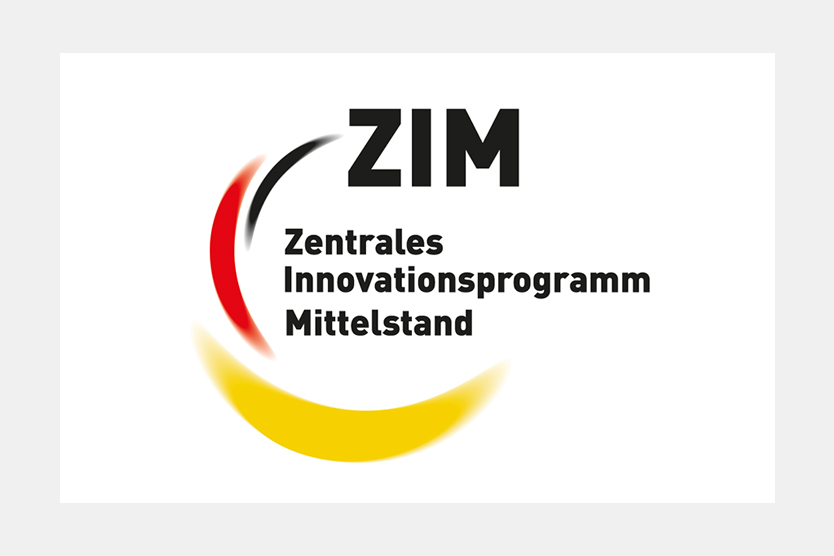
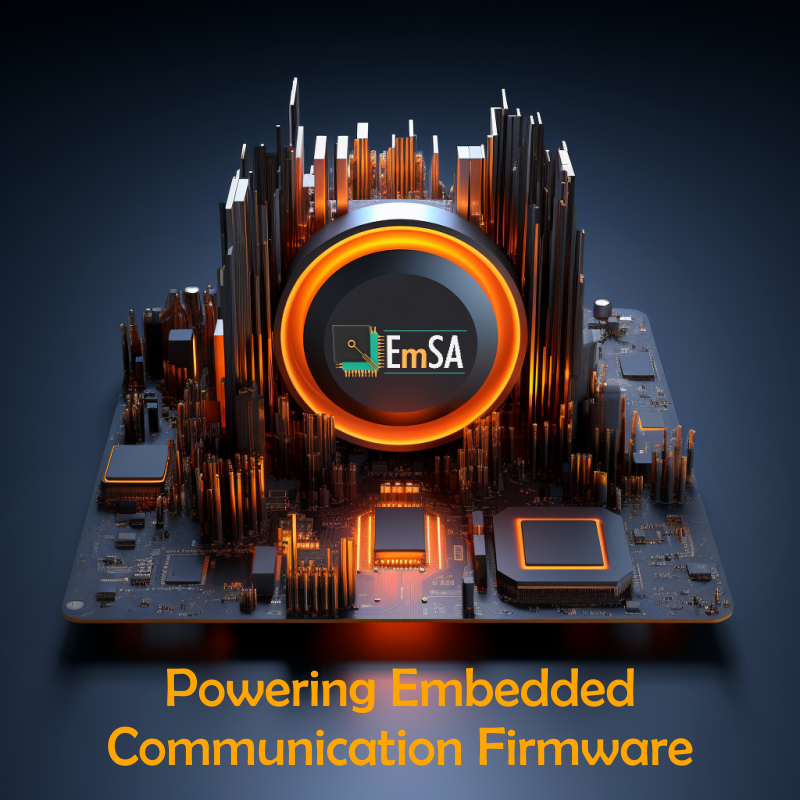


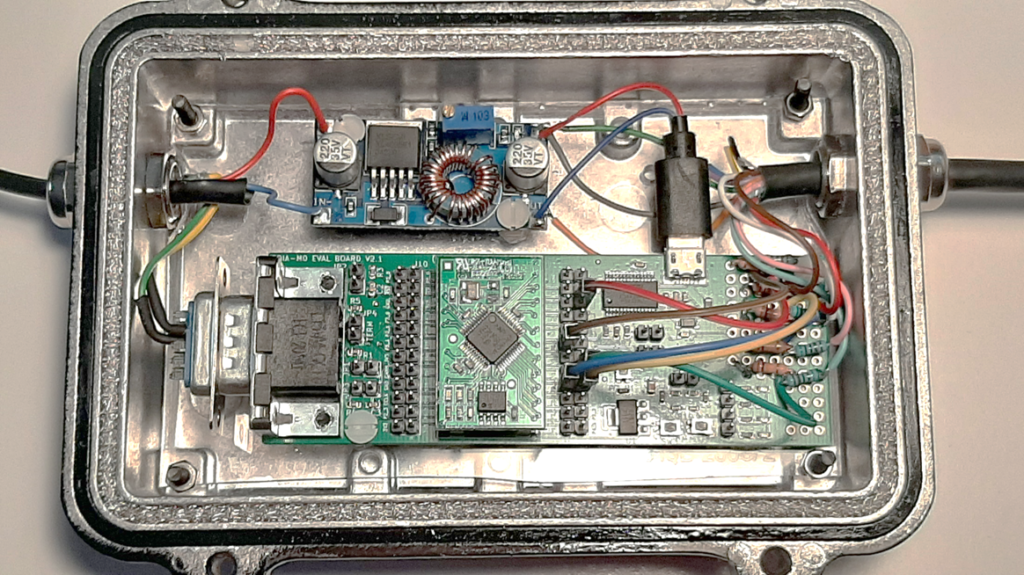
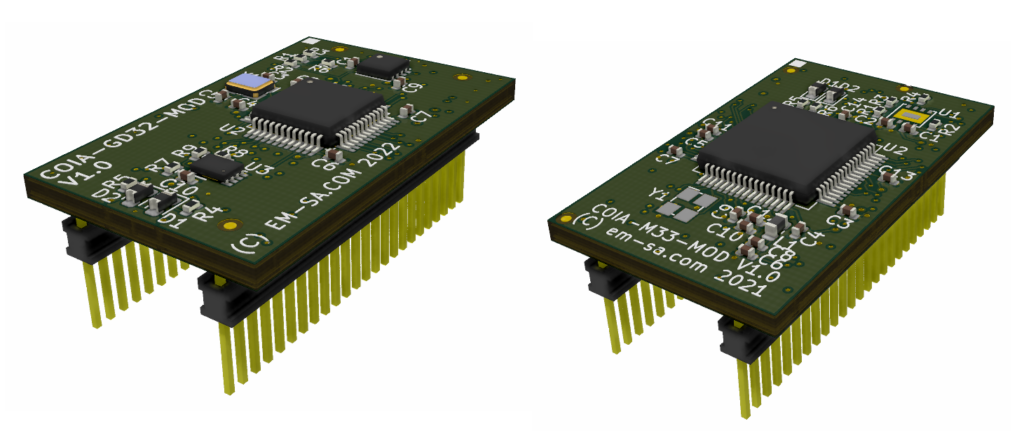
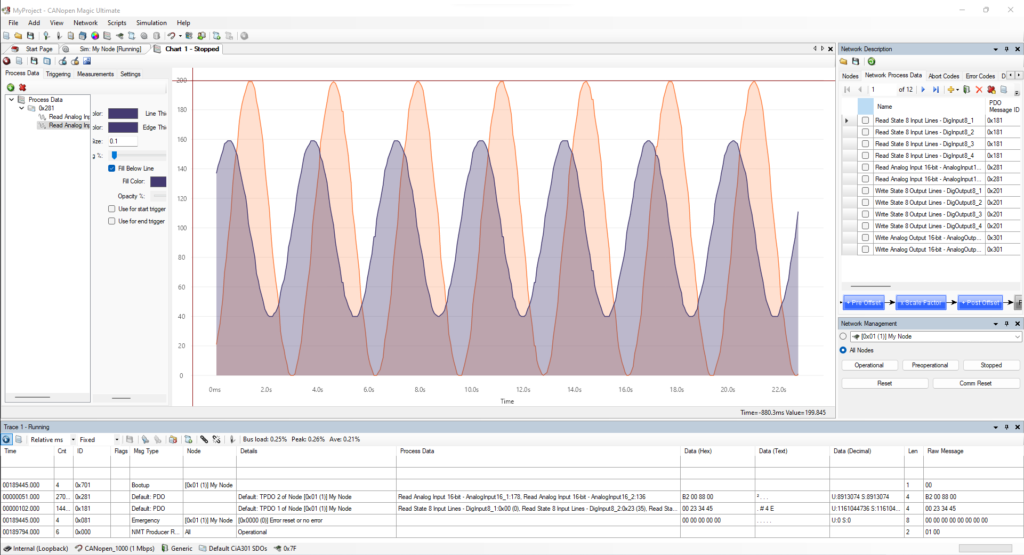
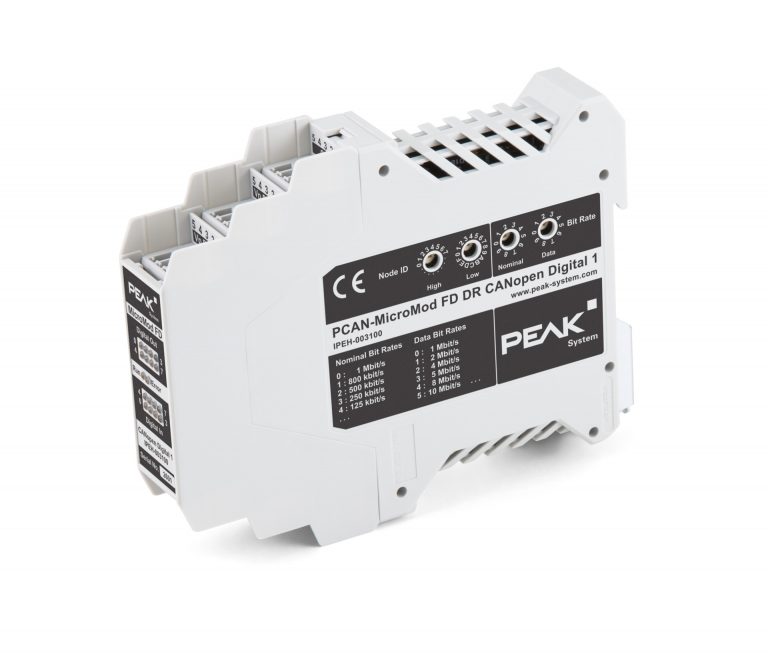
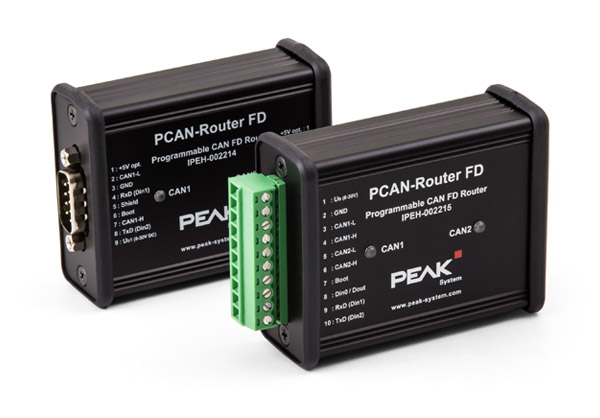
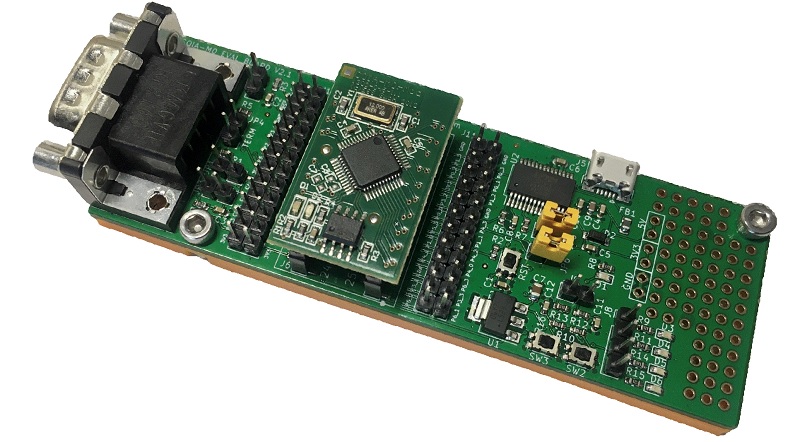
 Learn about our current product range for embedded systems
Learn about our current product range for embedded systems


 Embedded Networking with CAN and CANopen. Your technology guide for implementing CANopen devices.
Embedded Networking with CAN and CANopen. Your technology guide for implementing CANopen devices. Implementing scalable CAN security. Authentication and encryption for higher layer protocols, CAN and CAN-FD
Implementing scalable CAN security. Authentication and encryption for higher layer protocols, CAN and CAN-FD